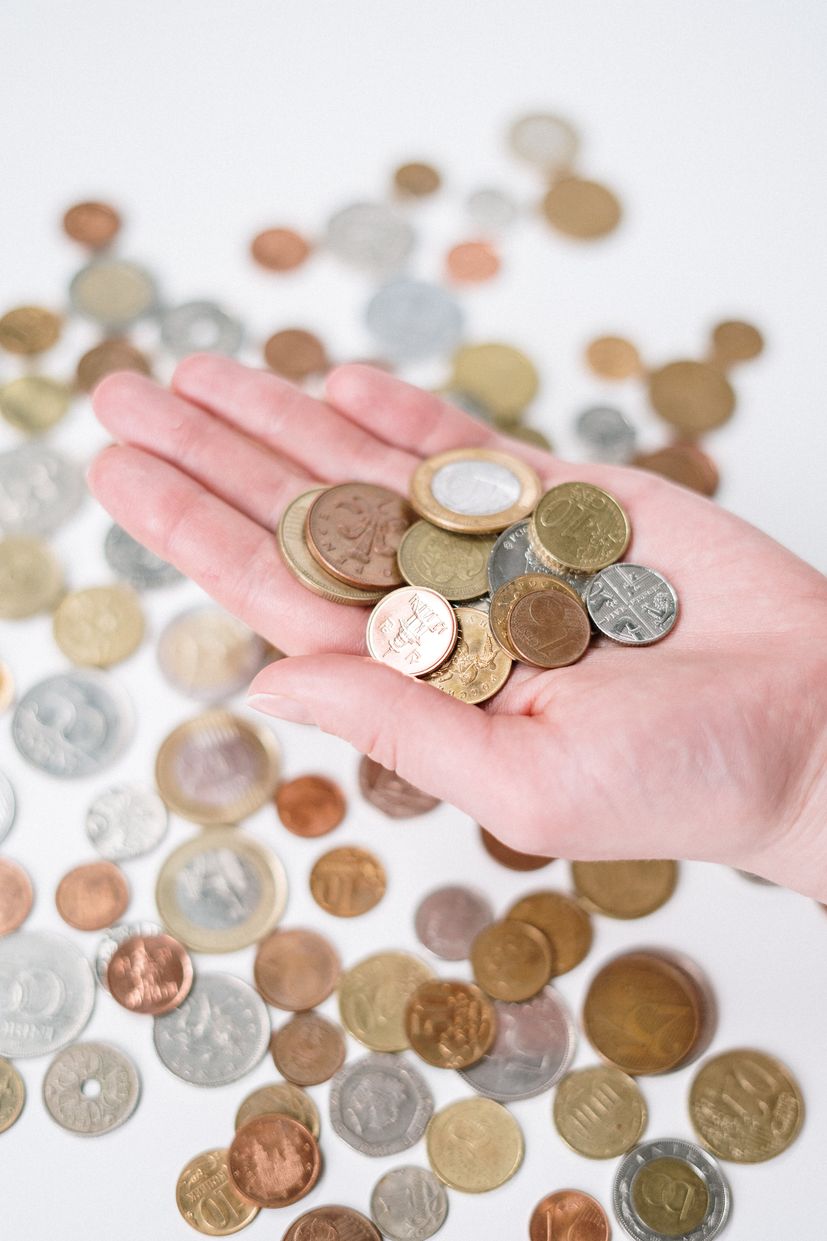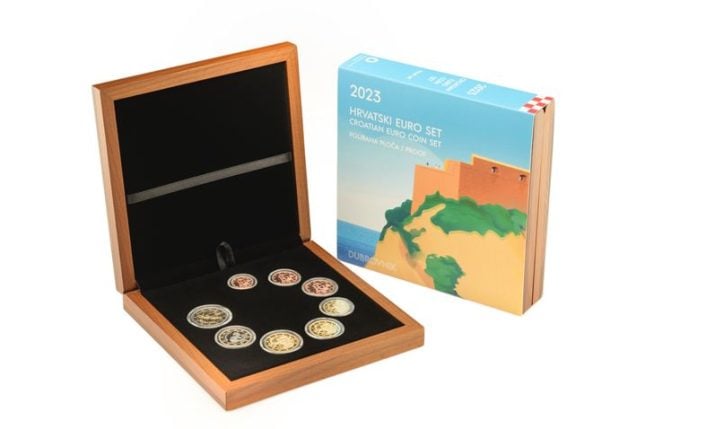How have Croatians adapted to euro currency one year on?
- by croatiaweek
- in Business

How have Croatians adapted to euro currency one year on?
Almost one year ago, Croatia got rid of the kuna and introduced the euro. Was it a mistake, are people missing the kuna and is the new currency to blame for inflation and soaring prices?
There are still problems and uncertainties; many people still continue to convert to the old currency when purchasing goods. RTL Danas has conducted research to find out what locals think.
Croatia adopted the euro just under a year ago, and almost half of the respondents to research (48.7 percent) believe that this decision was wrong.
Less than a third (30.7 percent) see the euro as a good thing. About 17 percent (16.7 percent) think it has both positive and negative aspects.
When asked if they have adapted, two-thirds (65.8 percent) say they can handle the euro, but a third of citizens (33.1 percent) have difficulties or haven’t adapted at all.
Who still converts to kuna? Not for cars and apartments, but many do for smaller amounts – again, two-thirds of respondents (65.3 percent), while a third never thinks of doing so (33.6 percent).
It’s small change, coins, about 57 percent (57.2 percent). But a significant percentage of respondents have no problem with euro cents (40.7 percent).
The small figure misleads us because we have a false sense of low prices. Ten euros, for which less and less can be bought, used to be 75 kunas. A false sense of low prices is felt by 77 percent of respondents (77.1 percent).
Life is expensive for everyone. Is the euro to blame?
Respondents could give multiple answers here, but the one stating that traders and the desire for huge profits are to blame received the most votes, nearly 90 percent (88.6 percent).
The new currency is the second most common answer (82 percent), closely followed by the government, which was late in implementing measures to control prices (81.6 percent).

Euro coins
The euro is not the only culprit. As it happens, it’s a combination of several factors. Enough for all of us to work towards a better standard and detach ourselves from the bottom of Europe. This is primarily the responsibility of the government, RTL Danas reports.
Note: The research was conducted for RTL by the Promocija Plus agency on a sample of 1300 respondents from December 4th to 7th. The standard sample error is +/- 2.7 percent, with a confidence level of 95 percent.



